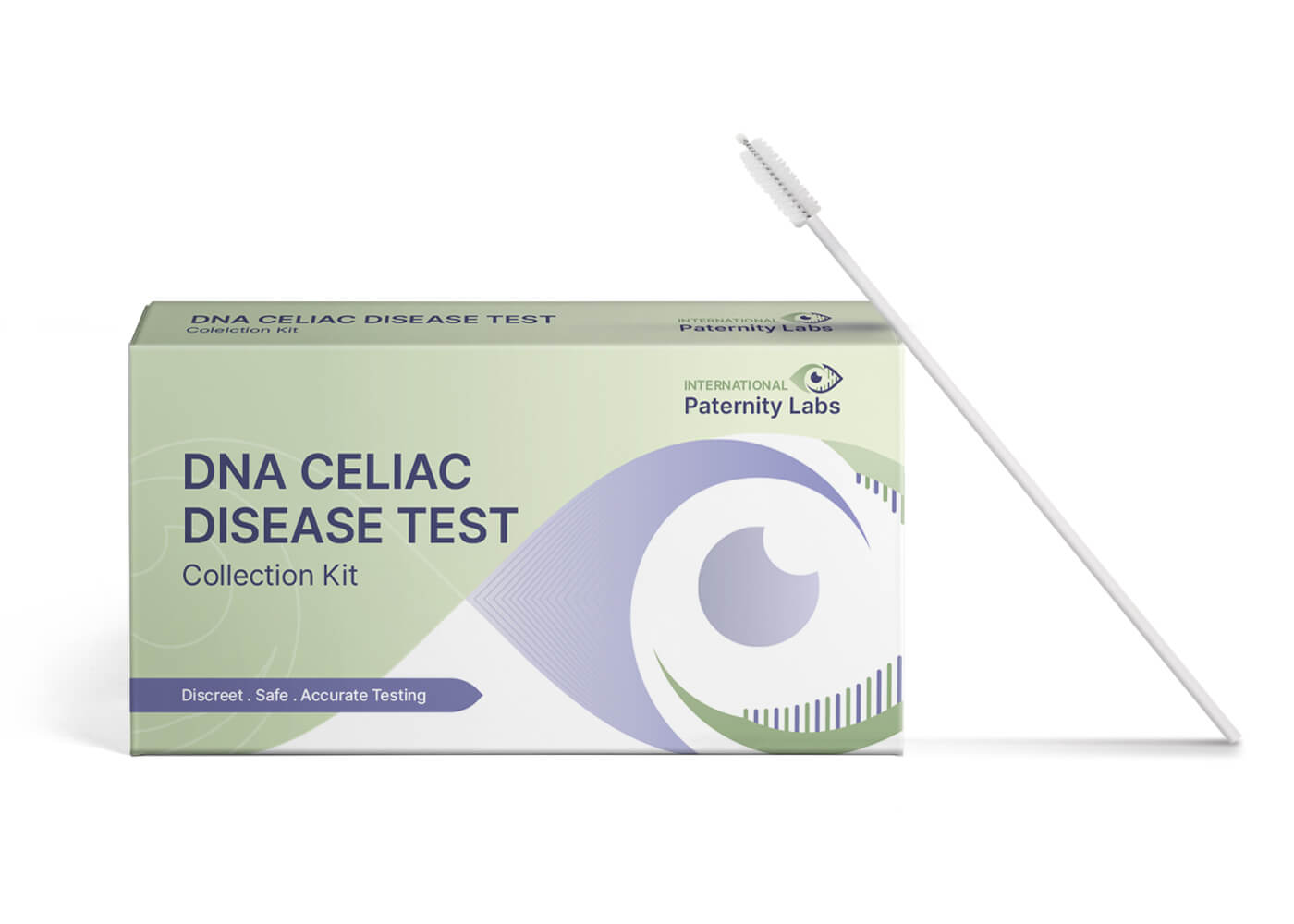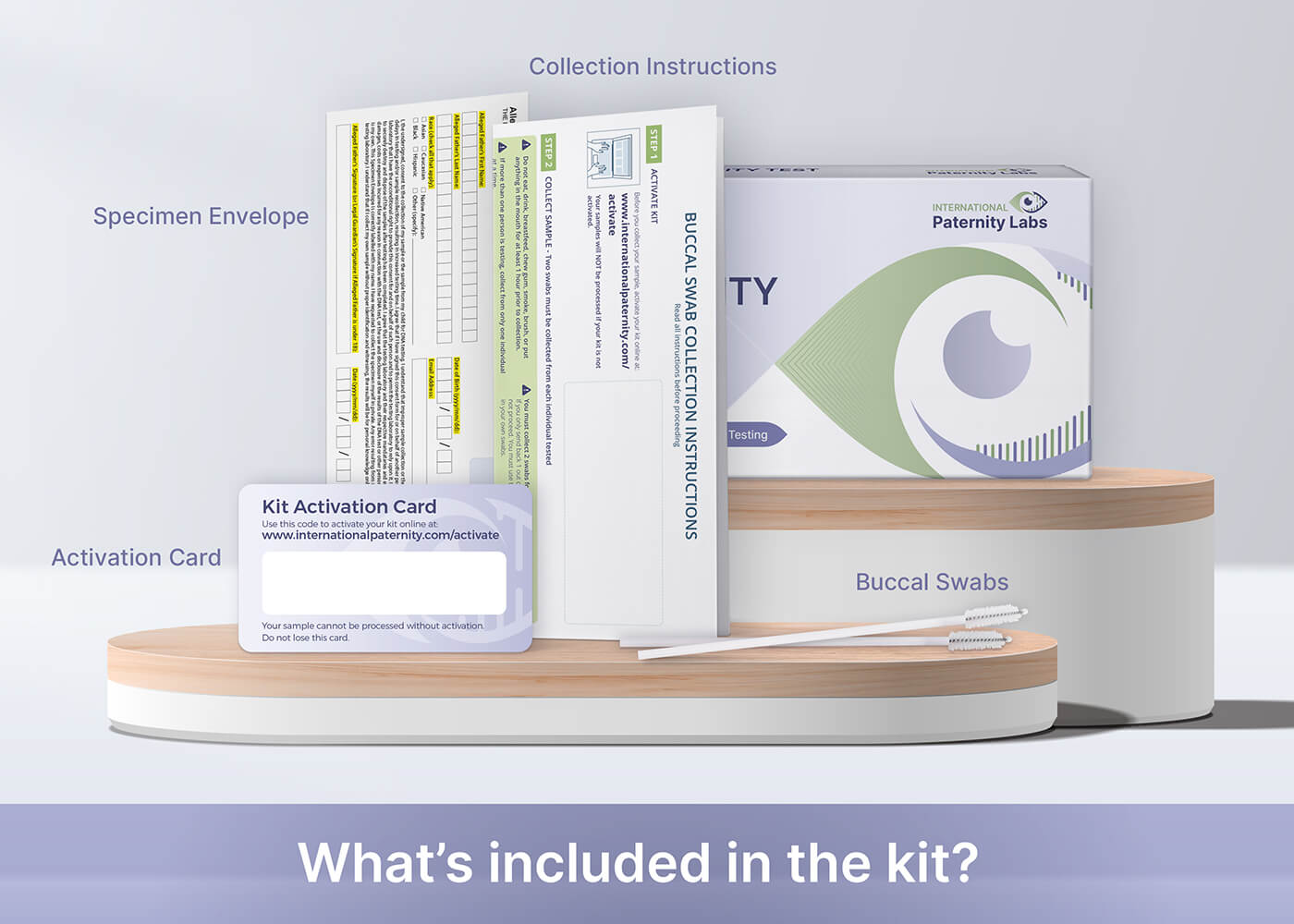DNA Celiac Disease Test
The majority of individuals diagnosed with celiac disease possess at least one genetic risk allele. Discover your likelihood of developing celiac disease.
- Simple buccal swab sample collection
- Discreet, Safe and Accurate
- Includes all laboratory fees
$249.00
DNA Tests

Order Your Confidential Home DNA Test Online!
About this test
Description
Celiac disease is an autoimmune condition characterized by the immune system mistakenly targeting and damaging healthy cells. Individuals with celiac disease (CD) exhibit heightened sensitivity to gluten, a protein present in wheat, rye, barley, and oats.
Upon gluten consumption by someone with CD, their immune system responds inappropriately, leading to significant harm to the lining of the small intestine and various associated health issues.
This genetic analysis does not necessitate the intake of gluten for precise results; a straightforward DNA sample from a mouth swab is all that’s needed.
Technical Specifications
The majority of individuals with celiac disease harbor at least one genetic risk allele within their HLA genes. This DNA test identifies nucleotide changes occurring in the three celiac disease-associated alleles of the HLA-DQA1 and HLA-DQB1 genes (HLA-DQA105, HLA-DQB102, HLA-DQB1*0302).
These celiac disease-associated variants can combine to create proteins known as DQ2 and DQ8. The presence or absence of these variants offers insight into the likelihood of gluten sensitivity and the development of celiac disease.
The risk of celiac disease is exceptionally low if none of these celiac disease-associated alleles are present.
100% Confidentiality
As our client, your privacy is extremely important to us, and we hold all information provided us in strict confidentiality. We will never sell, resell or make available your personal, or financial information to other companies or organizations. You will only be contacted using the method you choose, to confirm your order or to discuss your case. All communication is in the strictest confidence, and for that reason, we require you to create a password that will restrict access to your case. In addition, our privacy policies that have been established in our laboratory and offices safeguard the security of your case.




